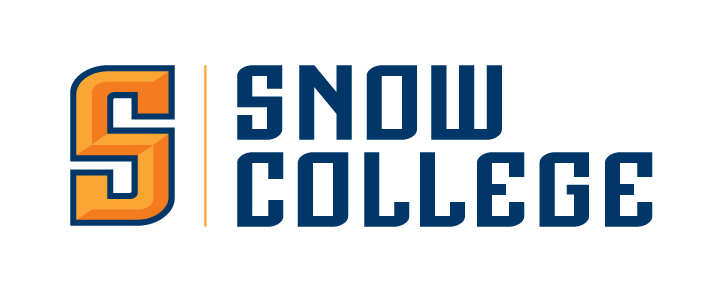 Snow College in Ephraim, Utah has received a United States Department of Agriculture (USDA) Distance Learning and Telemedicine grant.
Snow College in Ephraim, Utah has received a United States Department of Agriculture (USDA) Distance Learning and Telemedicine grant.
Funding in the amount of $304,132 will help Snow College update interactive video conference equipment that will be used to expand distance learning and concurrent enrollment programs. The new equipment will be installed in three high schools and three charter schools in rural areas that will serve as distance learning hubs for concurrent enrollment programs serving high school students, and for other post-secondary learners. USDA State Director Dave Conine commented, “Students in Utah’s rural communities deserve the same educational opportunities as students in urban areas,” and that USDA’s program, “helps bridge the gap that distance creates, ensuring rural students achieve their goals of higher education.”
USDA Rural Development and the Rural Utilities Service (RUS) have funded 634 Distance Learning and Telemedicine projects since 2009, investing $213 million to close the digital divide in rural communities. The USDA also funds infrastructure programs for rural communities and tribes in areas where services are lacking, to support small business pursuits, and to provide technical assistance and community planning.
Brookings recently published a brief exploring the state of the rural/urban broadband divide following the appellate court ruling that upheld net neutrality. With net neutrality establishing high-speed Internet as a public utility, the expectation for having comparable rural/urban access to a high-speed connection only grows. As Brookings points out, this expectation isn’t yet a reality. Following the Federal Communication Commission’s Decision to change the broadband definition from a 4 Mbps to a 25 Mbps download speed, the divide between rural and urban became more obvious. While 10% of Americans lack access to 25 Mbps download speed, 39% of Americans living in rural areas lack access to the what the FCC defines as broadband. Comparatively, only 18% of Utahns lack access to a 25 Mbps speed.
Grants from the USDA and other entities help push rural communities forward, correcting the divide for residents in pieces. As Brookings points out, however, it will be important for the FCC to “Expand access alongside advances in technology rather than after the fact, satisfying increased demands for faster Internet with infrastructure growth.
The Broadband Outreach Center sends its congrats to Snow College on their grant award, and sends its best to the new college students who will be able to study in rural Utah and add to the State’s local economies.